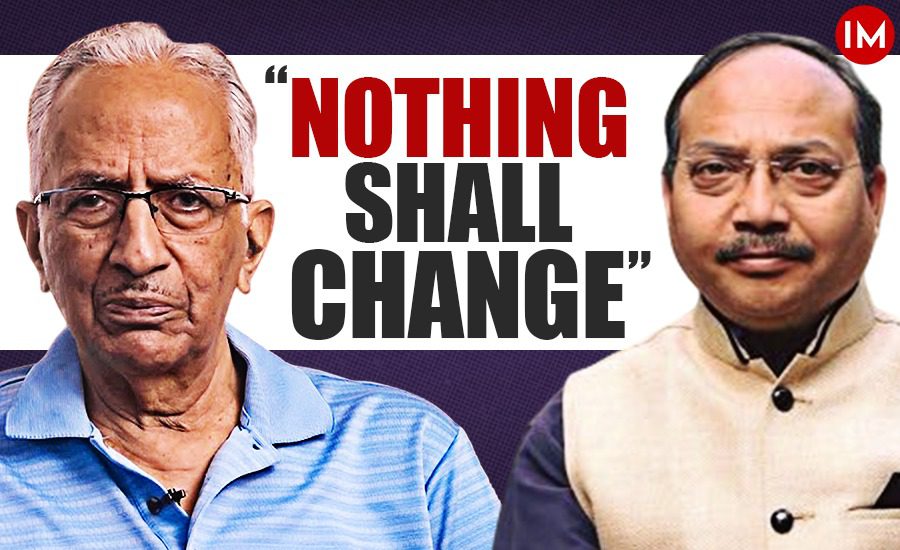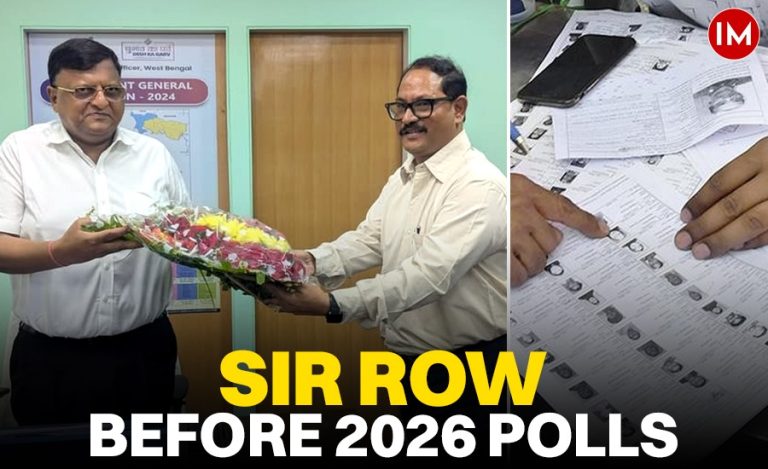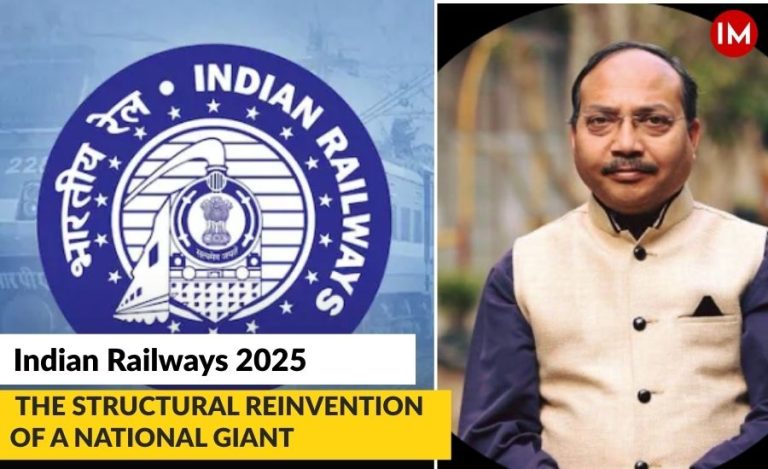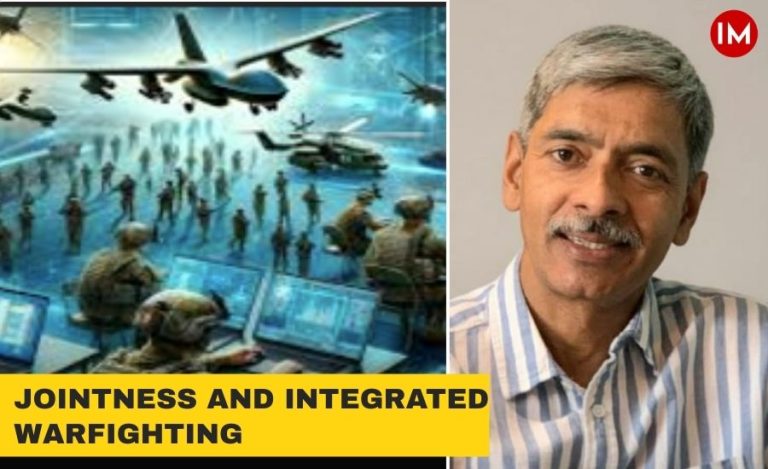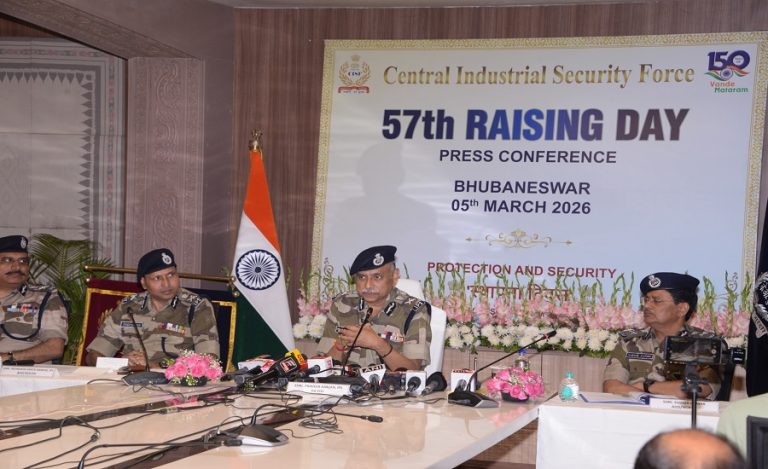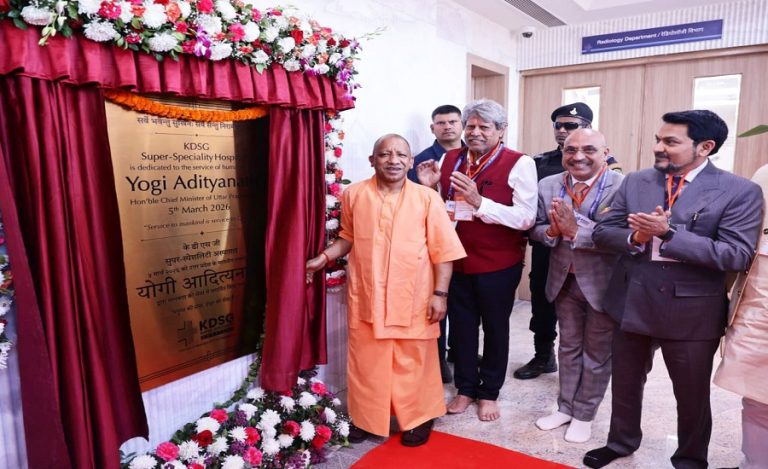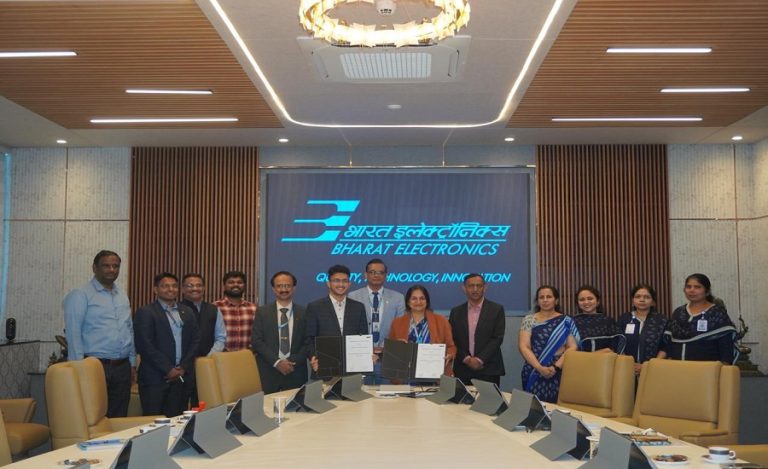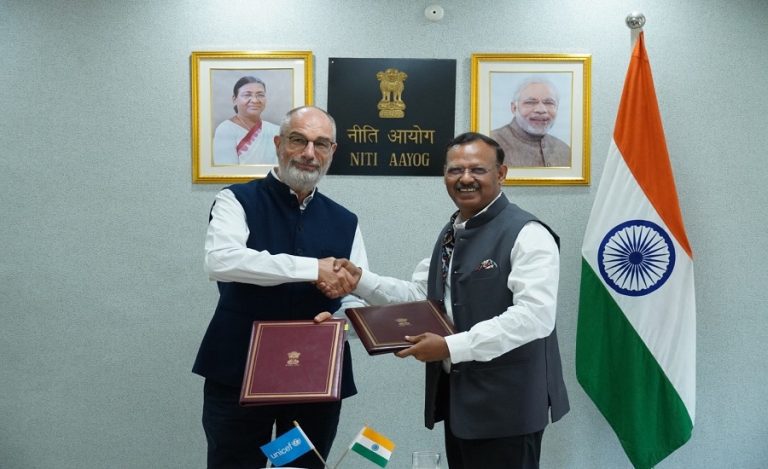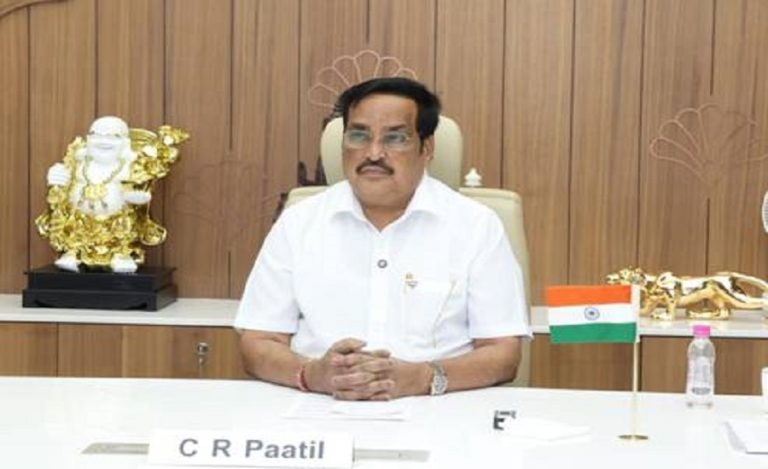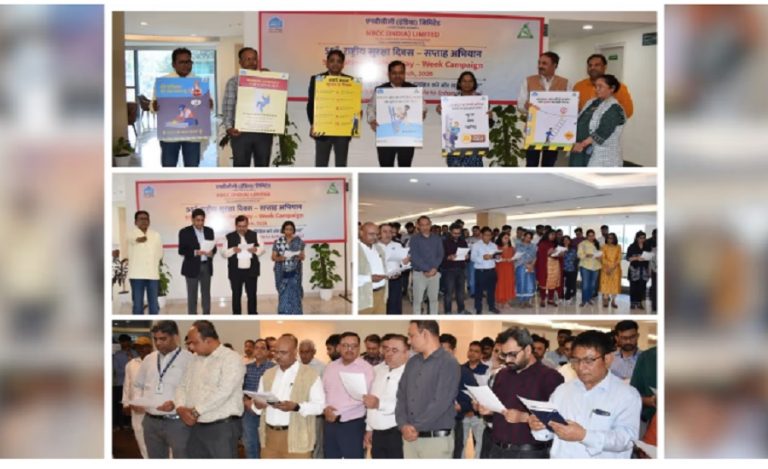The new guidelines being rolled out by the Uttar Pradesh government for the selection of its regular Director General of Police (DGP) might have taken out Union Public Service Commission (UPSC) from the process, but it has passed the muster of the top police brass including former police chiefs.
The existing process was formulated by the Supreme Court of India in a verdict delivered on September 22, 2006, on former UP DGP Mr Prakash Singh’s petition. It mandated the UPSC to get a panel of ‘eligible’ candidates from the state government and the former after due diligence would shortlist three names to be sent back to the state government. The latter was free to select any of the three names as the DGP.
The eligibility criterion laid down by the SC was that the candidate should have at least six months of service left at the time of appointment and, of course, should have a clean and efficient record. The candidate so selected would get a fixed tenure of two years so that he is insulated from political pressures.
BYPASSING REGULATIONS
This procedure was being bypassed by most state governments who would appoint a person of their choice as Acting or officiating DGP instead of a regular DGP. Uttar Pradesh for instance, didn’t have a regular DGP for the past five years and everyone from Mukul Goel and DS Chauhan to the present incumbent Prashant Kumar, had been appointed as Acting DGP. Prashant Kumar in fact, would never have passed the UPSC’s muster as he was appointed to the post on January 31, this year, by superseding 16 IPS officers. UPSC would have selected the top three officers usually senior most ones, with unblemished career records.
“Most state governments had stopped sending the panel of candidates for selection to the UPSC. Else they would send such names that UPSC would revert for clarifications or return the panel altogether. There are always eye ways and means to bypass the system and have your favorite as your police chief”, says a celebrated IPS officer and a columunist, Mr Vibhuti Narain Rai.
THE 2006 SC JUDGEMENT
The seven main directives from the 2006 Supreme Court verdict were fixing the tenure and selection of the DGP to avoid situations where officers about to retire in a few months are given the post. To ensure no political interference, a minimum tenure was sought for the DGPs so that they are not transferred mid-term by politicians. The SC further directed postings of officers being done by Police Establishment Boards (PEB) comprising police officers and senior bureaucrats to insulate powers of postings and transfers from political leaders. Further, there was a recommendation of setting up the State Police Complaints Authority (SPCA) to give a platform where common people aggrieved by police action could approach. Apart from this, the SC directed separation of investigation and law and order functions to better improve policing, setting up of State Security Commissions (SSC) that would have members from civil society, and forming a National Security Commission.
NEW REGULATIONS
The new guidelines passed by the UP Cabinet on Monday, November 4, 2024, have removed the role of UPSC. The new selection committee would be headed by a retired High Court judge and will have a Chief Secretary, UPSC nominees, a UP Public Services Commission representative, a Principal Secretary Home, and a retired DGP as its members.
Though the committee will be headed by a retired High Court judge, the majority members including the chairperson would be nominated by the state government. Thus the state government would be able to appoint a person of its choice as a regular DGP for a fixed period of two years.
FAVOURITISM RETURNS?
Does that mean that no government wants an independent police force? In other words, every politician wants a pliable DGP. Most former police chiefs agree on that count but they also don’t find any fault with UP Government’s new regulations.
Mr. Prakash Singh, on whose petition SC delivered its verdict 18 years ago, says, “New guidelines adhere to the essence of the SC judgment in my case. Taking out SC’s role won’t affect the selection process’s independence as the committee will now be headed by a retired HC judge and will have a UPSC nominee as well”.
He feels that UPSC was more a hindrance than a help in DGP’s selection as it used to take at least 3-4 months in the selection process. “Often it would seek unnecessary clarifications from the state government. It used to summon career records of all eligible (senior most) officers, which would not be ready for some officers sometimes due to their non-cooperative seniors. Now, these things won’t matter at all”, he told Indian Masterminds.
IMPARTIAL JUDGES
Thode calling the new process unfair, has been casting aspersions on the HC judge, heading the selection committee, says Mr Singh. Former UP DGPs, Mr. Vikram Singh and Mr OP Singh, too, agree with Mr. Prakash Singh. “After all you have to trust someone”, says Mr Vikram Singh.
If one felt that the new guidelines would weaken the position of the DGP, he asks, “Who wants a strong and independent police? Anyone who thinks the DGP was insulated from political pressures so far, was living in a fool’s paradise”, he says.
INDEPENDENT DGP A CHIMERA?
But, didn’t a fixed two-year tenure give a DGP join security to run his police force independently? “DGP might have a fixed tenure but if he tried to go against the CM’s wishes, the system was so strong to make things so bad for him that he would himself offer to resign”, says Former IPS officer Mr Vibhuti Narain Rai.
Mr. Prakash Singh, too, asks, “During the past 18 years, since the present selection process was in force, did you hear one incident from any of the states in the country, where the DGP decided against state government or CM’s wishes? None of the police officers ever had this temerity.”
In any case, the state governments of Telangana, Punjab, and Andhra Pradesh have already formulated their own DGP selection process. UP is only the fourth state to do so. However, none of them have so far faced a legal test as no one has challenged any of these in a court of law. “I feel, the court will not take such circumventing of its ruling kindly. But, somebody first has to bring it to SC’s notice”, says Mr OP Singh m
The adage – More things change, more they remain the same – thus never seemed truer. Politicians everywhere believe in Orwellian theory propounded in his great political satire, Animal Farm – All animals are equal but some are more equal than others.

